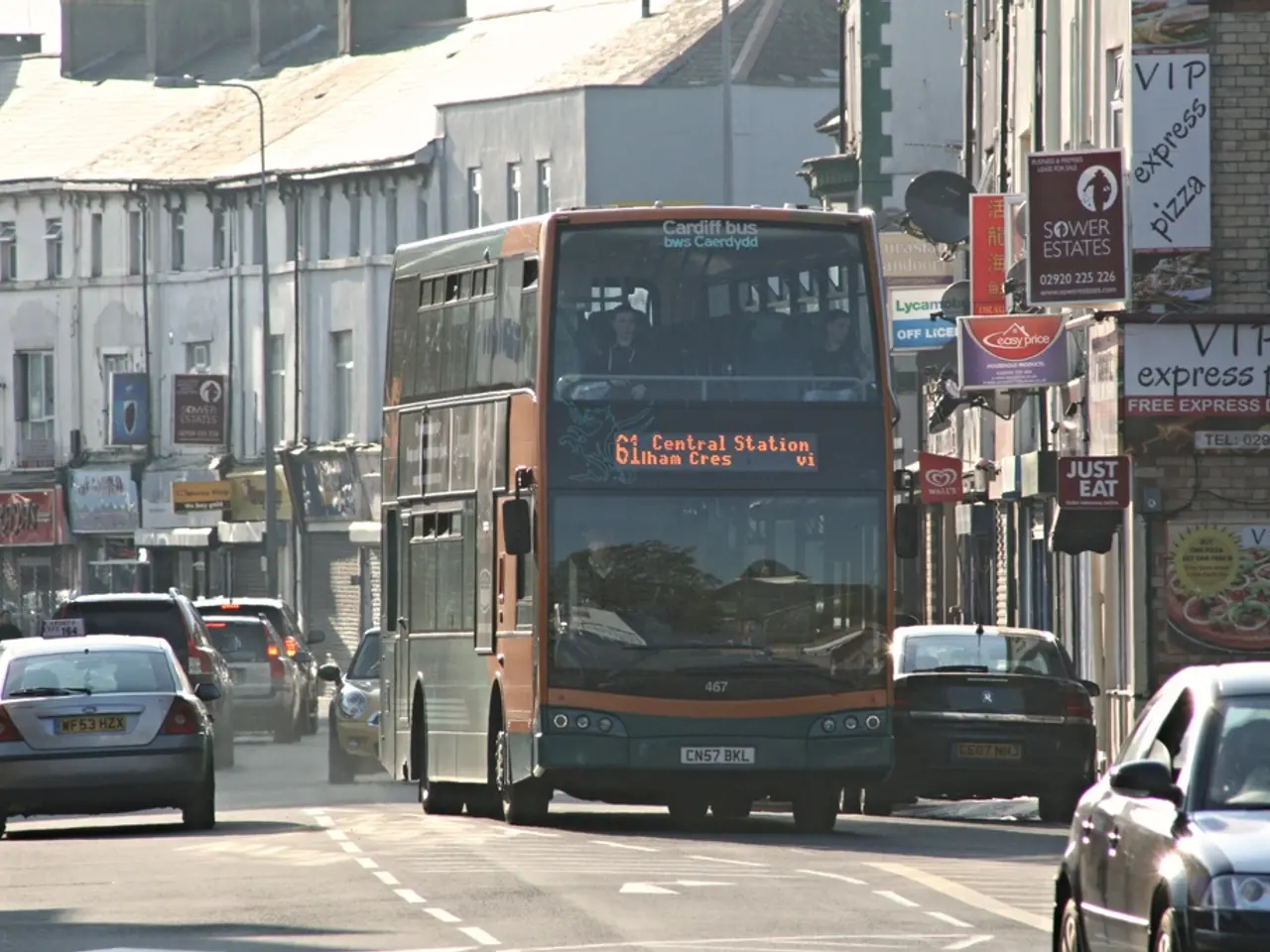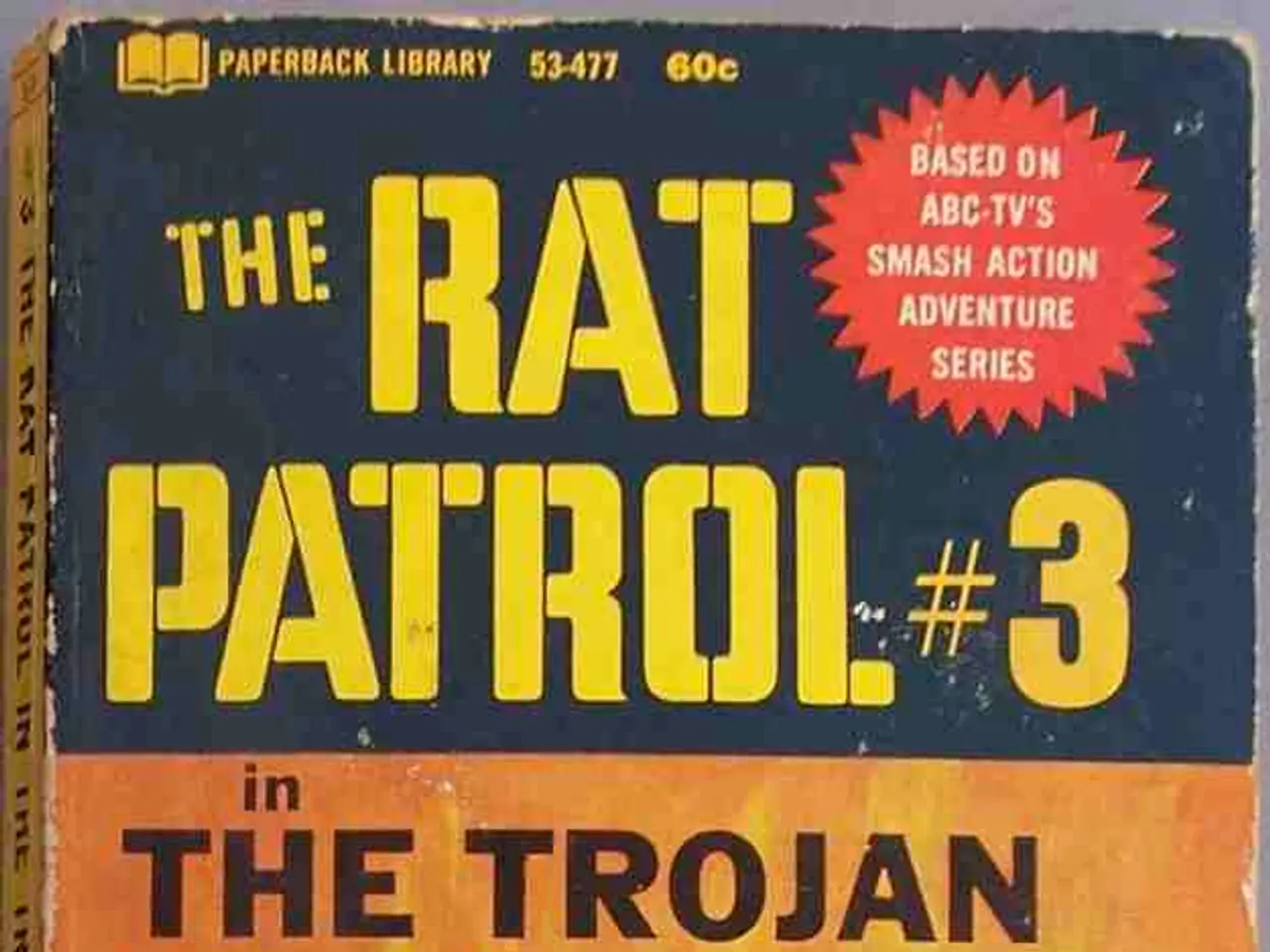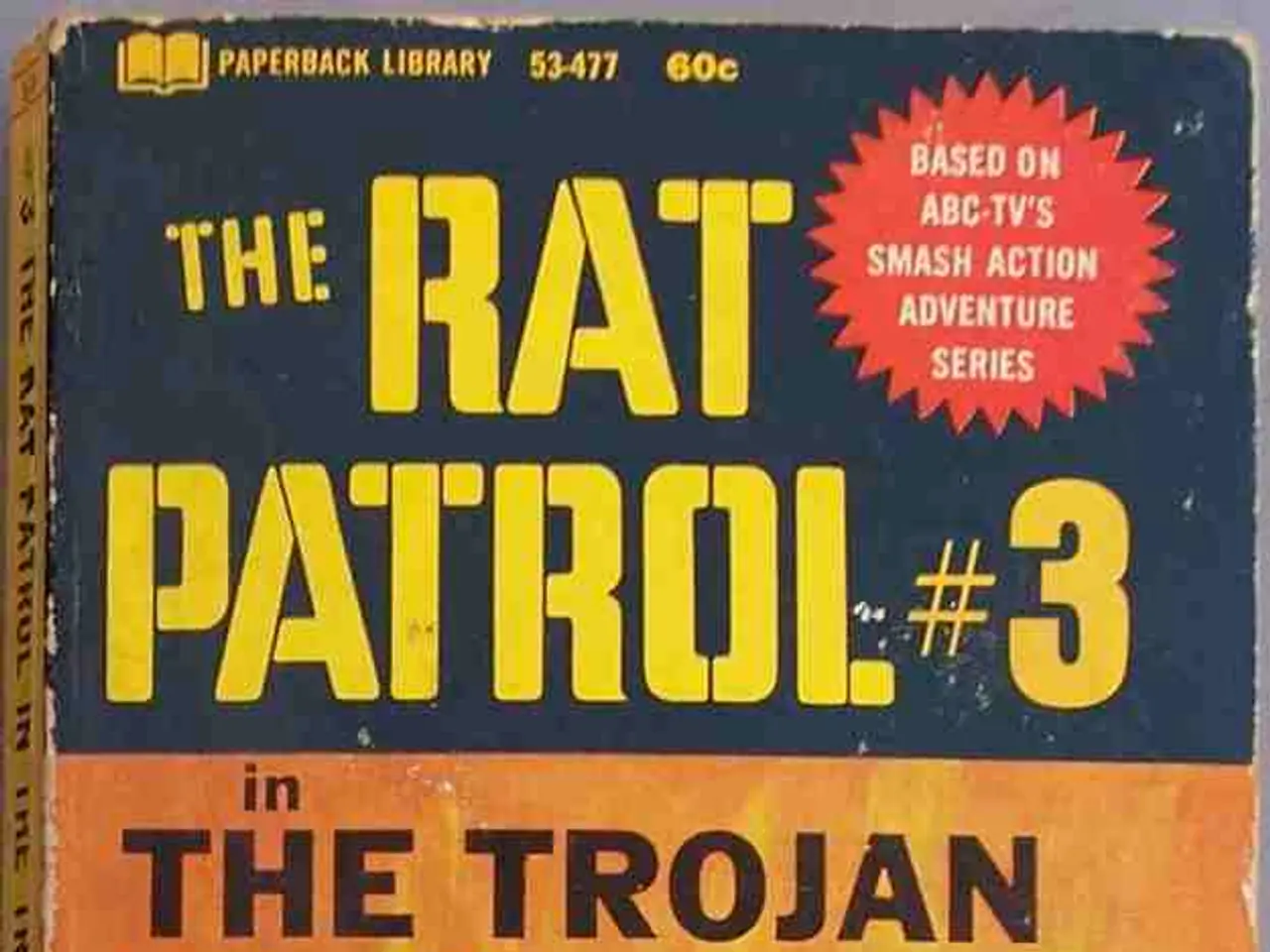Berlin's Symbolic Politics Senate Debates Park Fencing Issue at Görlitzer Park
In the five-year stint of Berlin's House of Representatives, there's one consistent theme: grand gestures designed to win over Berliners, disguising the lack of substantial action on issues facing the city. This phenomenon is known as symbolic politics, and it's not enough to tackle the pressing issues of soaring rents, sluggish wages, and dwindling social infrastructure.
As living conditions continue to deteriorate, more and more residents find themselves in a dire predicament. Wars, climate collapse, and economic instability are driving mass migration to Berlin, exacerbating the problems.
Crisis breeds chaos, and it's no secret that an increase in crises results in an uptick in violence. No one wants their fellow Berliners to feel unsafe in public spaces like public transport or parks.
The current black-red Senate seems more intent on grand gestures than genuinely tackling these issues. A fence around Görlitzer Park and a supposed knife ban in public transport will not bring the security we long for.
Here's a glimpse into what's happening behind the scenes: Politicians are strengthening rent control measures to combat the housing crisis, deploying temporary solutions as the housing shortage persists in major cities, including Berlin [1][4][5]. The new government, inaugurated in 2025, promises a "housing construction boom," aiming to streamline approval processes, boost modern construction methods, and increase land availability for housing [5].
To safeguard tenants, they're advocating for:- Improved cost transparency- Stricter regulations on index-linked leases- Enhanced tenant protections for furnished rentals to deter landlords from evading rent controls through minimal additions [1].
However, reservations about further market regulations, particularly from the CDU, have surfaced. They caution that prolonged rent controls may exceed constitutional limits and should remain temporary [1].
Regarding stagnant wages and neglected social infrastructure, the focus shifts to exposing symbolic politics—actions lacking substantive impact. The solutions proposed aim to abandon surface-level fixes and instead concentrate on implementing genuine reforms, like boosting housing construction to rectify supply shortages, enhancing tenant protections, and avoiding temporary measures that don't tackle root causes like wage stagnation or service budget cuts [1][5].
In essence, Berlin's political response entails reinforcing rent control and tenant protection laws as short-term relief, combined with plans for long-term housing development and regulatory reforms to address root issues, moving away from symbolic gestures and toward genuine solutions.
The Senate's focus on symbolic political measures, such as a fence around Görlitzer Park and a proposed knife ban on public transport, seems insufficient to combat the city's pressing issues, including war-and-conflicts-induced migration, crime-and-justice matters, and general-news concerns like soaring rents and sluggish wages. In contrast, behind-the-scenes efforts involve strengthening rent control measures, advocating for improved tenant protections, and striving for long-term housing development – a more substantial approach to addressing these issues.




